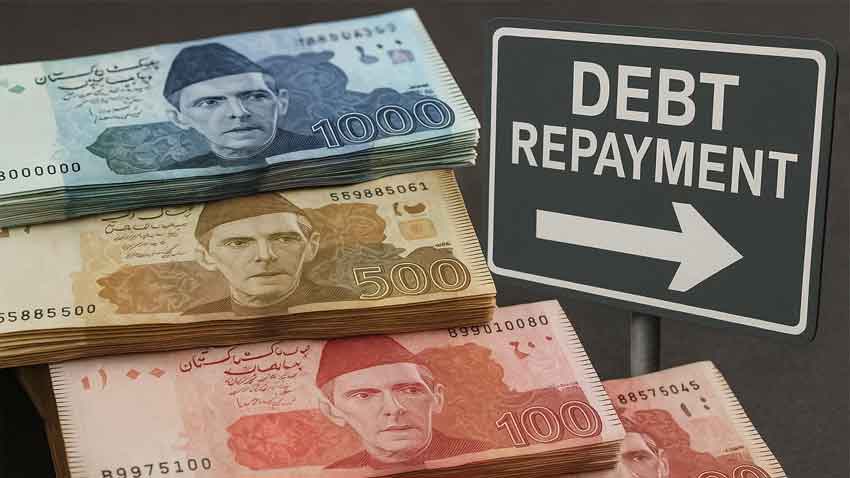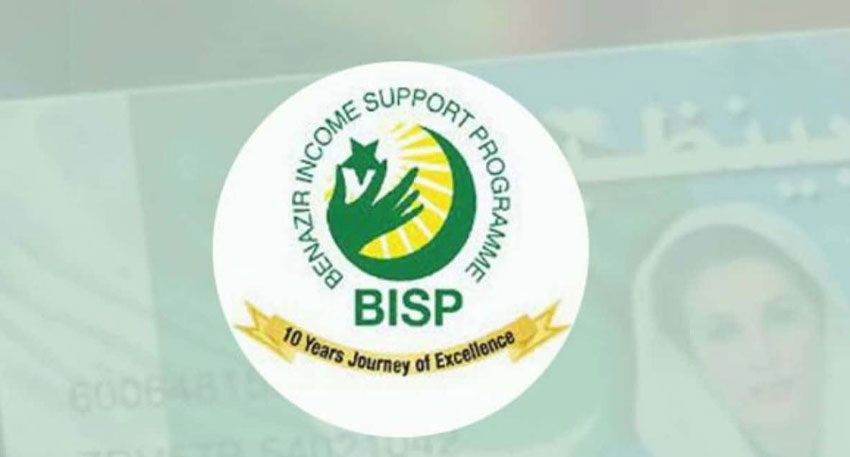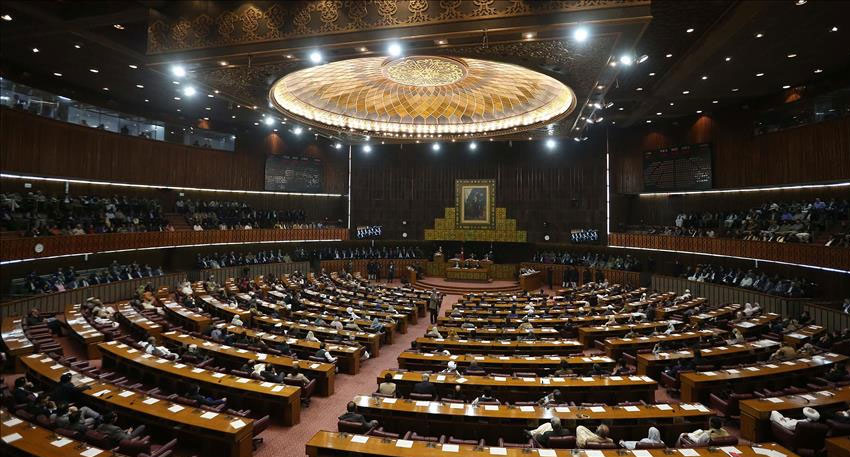
On social media platform X, Khurram Schehzad, adviser to Finance Minister Muhammad Aurangzeb, described the development as a “record achievement” amid improving fiscal discipline.
He maintained that the Pakistani finance ministry early-retired Rs500 billion to the central bank on June 30, while the country’s Debt Management Office executed another repayment of Rs1,133 billion on August 29.
This success has brought the total early retirement of the State Bank of Pakistan (SBP) debt to Rs1,633 billion. Earlier this fiscal year, the finance ministry retired domestic commercial market debt of Rs1,000 billion, in the first such advanced debt retirement operation in Pakistan’s history.
Schehzad said, “Including both the central bank and commercial portions, the total early debt retirement in less than one year now comes to over PKR 2,600 billion — an unprecedented scale and decisive action in the country’s fiscal history.”
Pakistan’s total domestic debt stood at Rs51,518 billion in March 2025, according to the central bank data.
He said the government had cut the SBP debt by nearly 30 percent to Rs3.8 trillion from Rs5.5 trillion well before its 2029 maturity.
“This action marks a decisive shift from past debt-heavy practices, where reliance on borrowing crowded out fiscal space and increased risks,” he said.
Read more: Honda CG125 0% interest installment plan revealed
The development comes as the South Asian country treads a long, tricky path to economic recovery under a $7 billion International Monetary Fund (IMF) program. Pakistan has struggled with boom-bust cycles for decades and secured 22 IMF bailouts since 1958.
The finance adviser said the improved fiscal discipline has eased the country’s 2029 refinancing burden, lowered rollover risks and created more room for development spending.
“The average maturity of domestic debt has risen to 3.8 years from 2.7 in FY24 — the sharpest single-year improvement in history, and well ahead of the IMF target,” he shared.
“With falling rates and disciplined, early repayments, the government has already secured over PKR +800 billion in taxpayer savings (FY25).”
He said the move was part of “responsible, forward-looking financial governance.”
He noted, “By reversing the old cycle of unchecked borrowing and putting repayment at the center of fiscal management, Pakistan is restoring credibility, strengthening resilience, and building a more sustainable future.”




